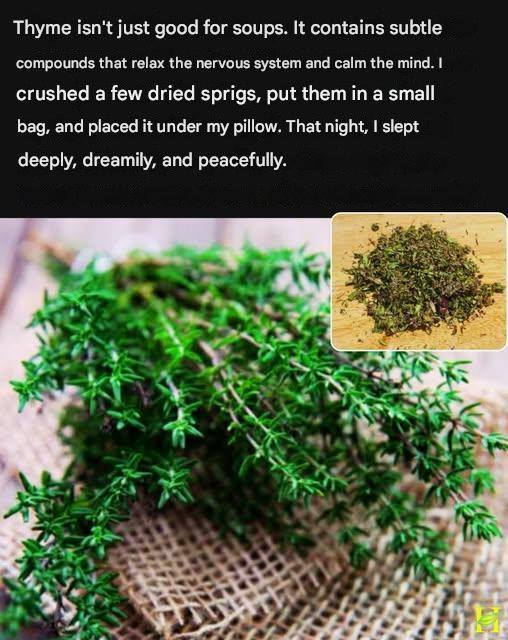Thyme (Thymus vulgaris) is not just an aromatic spice, but a true powerhouse for gardens, kitchens, and health. This evergreen, robust plant thrives even in poor soils, attracts bees and butterflies, and offers a wealth of culinary and medicinal benefits. It’s no wonder it’s so popular with gardeners, chefs, and herbalists alike.
A key reason why thyme should be in every garden is its versatility. It’s suitable for herb beds and as a ground cover, supports vegetables as a companion plant, and brings life to the garden with its fragrant flowers. It’s easy to care for, hardy, and virtually pest-resistant.
Among the greatest advantages of thyme are its low maintenance: little water, plenty of sun, and minimal maintenance. Those who harvest regularly and prune lightly will be rewarded with fresh shoots year after year. Its longevity is particularly practical – once planted, it provides flavor, fragrance, and medicinal properties for many years.
Thyme is also a valuable medicinal plant. It has been used for centuries to treat respiratory diseases, digestive problems, and inflammation. Modern studies confirm its antibacterial, antifungal, and antioxidant properties. This makes thyme a natural home remedy for strengthening the immune system, the respiratory system, digestion, and skin care.
In addition to its health benefits, thyme impresses with its culinary versatility. Whether as a seasoning for meat, in soups and sauces, in herb butter, or as a base for aromatic teas – thyme adds a distinctive flavor to dishes. It is also suitable for homemade herbal oils, vinegars, cleaning products, and even as an insect repellent.
SEE NEXT TOO PAGE
ADVERTISEMENT

